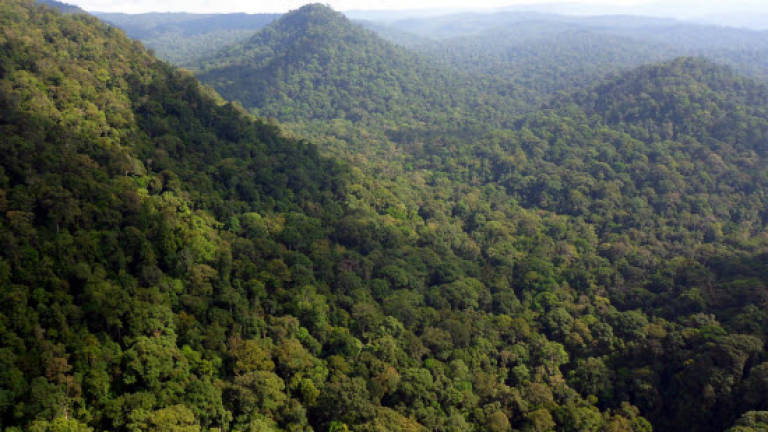MALACCA: Water catchment areas in Malacca will be replanted with forest trees to ensure the catchments function effectively to meet the water supply needs of residents in the state, according to Chief Minister Adly Zahari.
To make this a realisation, he said the cultivation of oil palm will no longer be allowed in these areas, with the state government instructing all departments and agencies to replace oil palm with forest trees over the next 10 to 20 years.
Adly told Bernama yesterday that this measure was vital because oil palm trees required a lot of water to survive - one tree needs approximately the same amount of water as a human being - and this high water consumption had led to the reduced efficacy of the water catchments.
“If we look at the water catchment ponds in Durian Tunggal (in Alor Gajah), many have been put at risk by oil palm planted in the area,“ he said, adding that as of last year, the state government had acted to gazette the catchments, with the Malacca Water Regulatory Body (BKSA) instructed to put a stop to all oil palm cultivation activities including those undertaken by state government agencies and companies.
In reference to private sector entities which have undertaken commercial activities in the water catchments, it is believed that the taking back of the land by the state government will not be an issue given that the government owns the land - however, negotiations will need to undertaken in reference to the relevant lease agreements.
Adly said that updates yesterday indicated a water reduction trend affecting the state’s three dams comprising the Jus and Asahan dams in Jasin, and the Durian Tunggal dam in Alor Gajah - Jus which has a capacity to store 45,000 million litres of water, now holds 18,895 million litres; Asahan now holds 210 million litres compared to its normal capacity of 700 million litres; and Durian Tunggal which has a normal capacity of 32,600 million litres, now contains 6,270 million litres.
Out of nine water treatment plants in the state, two comprising the Bertam and Bukit Sebukor plants had experienced a drop in capacity of 24% and 49%, respectively, to supply raw and treated water. - Bernama













